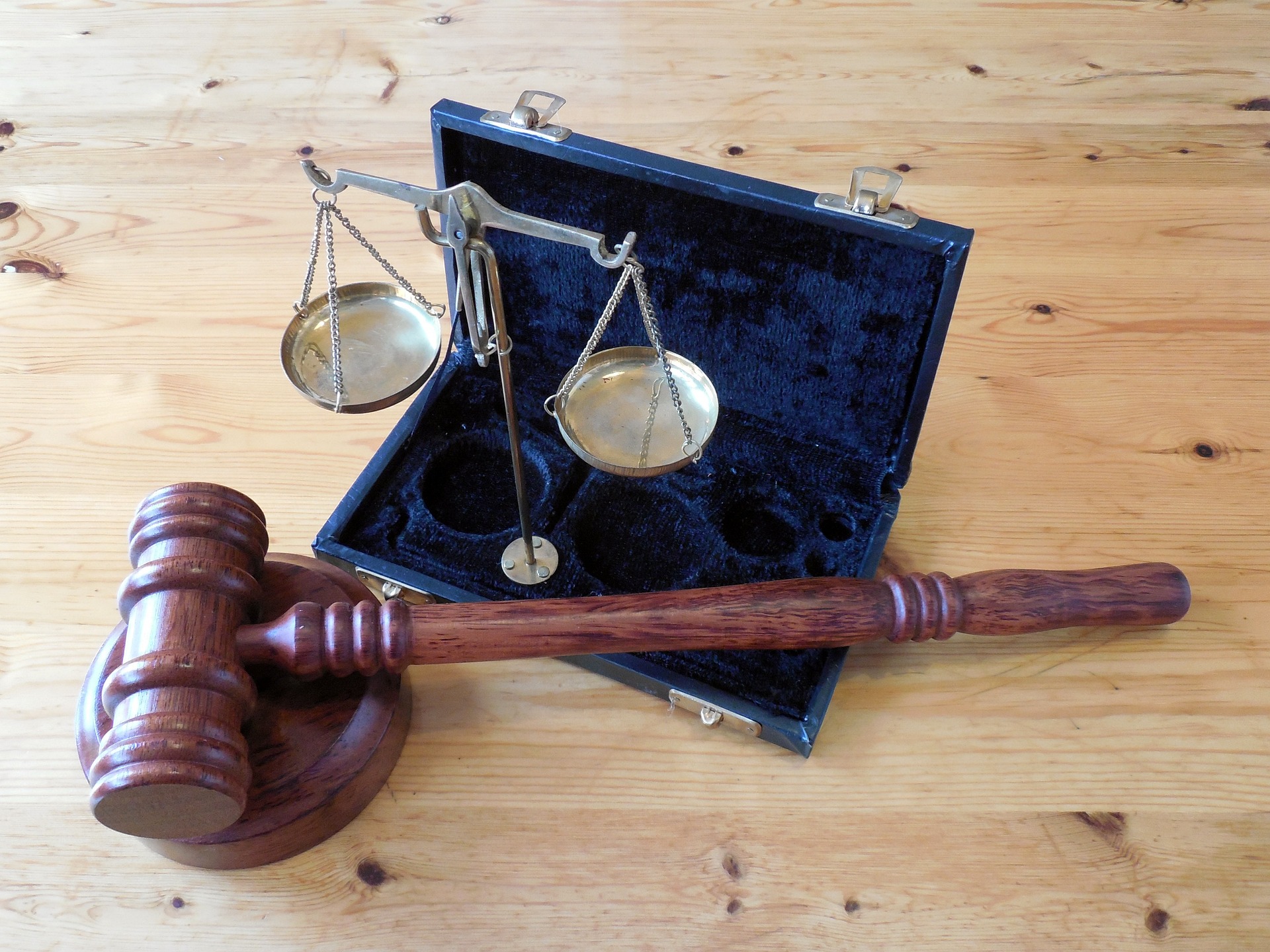"The Intricacies of Impeachment: A Deep Dive into Constitutional Processes"
Impeachment, a word infrequently used in daily conversations, often comes to the forefront of public discourse during times of political upheaval. This powerful constitutional tool enables the legislative branch to check the executive and judicial branches. This article delves into the historical context of impeachment, its current applications, and the potential societal implications of this constitutional process.
The Genesis of Impeachment
Impeachment, traced back to English law, was a mechanism to hold public officials accountable for “high crimes and misdemeanors.” The Founding Fathers of the United States adopted this principle but made it specifically applicable to “The President, Vice President, and all civil officers of the United States.” The Constitution, in Article II, Section 4, stipulates the grounds for impeachment: “Treason, Bribery, or other high Crimes and Misdemeanors.”
Impeachment in Practice: A Legislative Hammer
Historically, impeachment has been a rare occurrence. Since the inception of the U.S. Constitution, only three presidents have faced impeachment: Andrew Johnson, Bill Clinton, and Donald Trump (twice). In each instance, impeachment has proven to be a lengthy, complex process involving the House of Representatives and the Senate. The House initiates the impeachment proceedings, and if a majority agrees, the Senate conducts a trial to determine the official’s guilt or innocence. The Chief Justice of the Supreme Court presides over a presidential impeachment trial in the Senate.
The Current Legal Discourse
The U.S. Constitution provides the framework for impeachment, but it leaves many details open to interpretation. For instance, what constitutes “high Crimes and Misdemeanors” is not explicitly defined, leading to differing interpretations by legal scholars, legislators, and the public. This has sparked ongoing debates, especially in recent years, about the intent of the Founding Fathers and the appropriate use of impeachment in modern times.
Societal Implications of Impeachment
Impeachment, while primarily a legal and constitutional process, has far-reaching implications for society. It tests the resilience of a nation’s democratic institutions and reinforces the principle of accountability in public office. However, it can also deepen political divisions, as seen in recent impeachment proceedings. The societal impact of impeachment, therefore, is a double-edged sword, reinforcing democratic principles on one hand, but potentially exacerbating political polarization on the other.
The constitutional tool of impeachment, with roots in English law, has evolved into a significant aspect of the U.S. government’s checks and balances system. As legal interpretations and societal implications continue to be debated, one fact remains clear: impeachment is a powerful tool designed to uphold the integrity of public office. As citizens, understanding this complex process can help us better appreciate the intricate workings of our democratic institutions.





